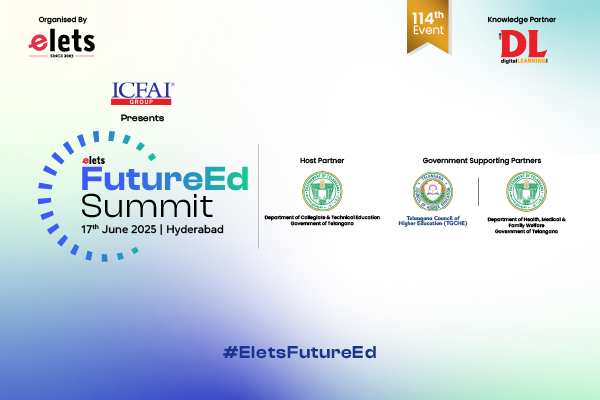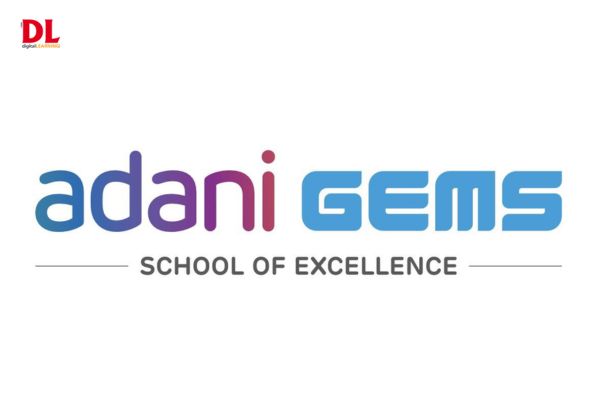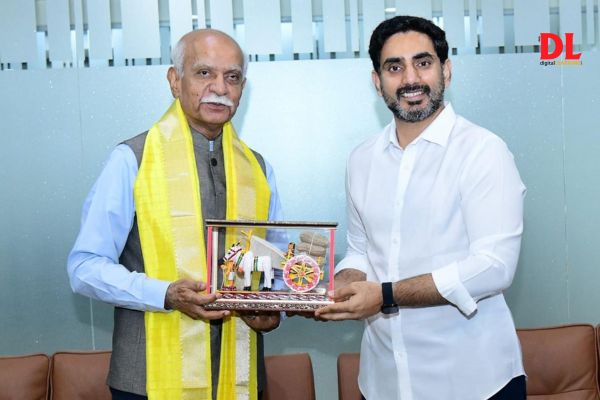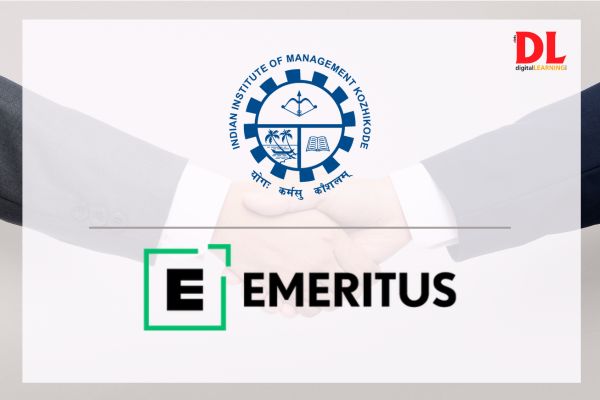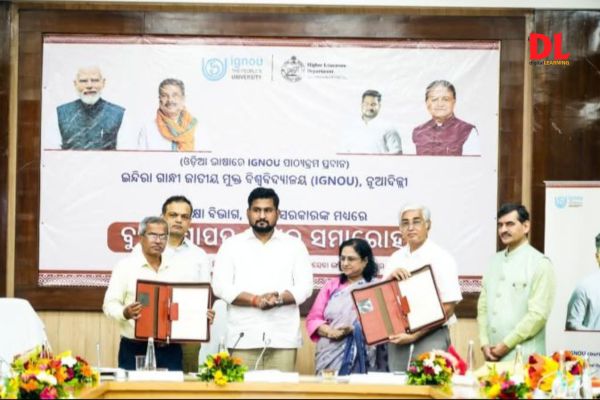As India strides toward becoming a global knowledge powerhouse, the spotlight is on how we prepare our students and educators for a future shaped by innovation, disruption, and intelligent technologies. The education sector is evolving, and a new platform is emerging to lead this conversation.
Introducing the Elets FutureEd Summit 2025, a first-of-its-kind national summit dedicated to shaping the future of education through innovation, policy, and technology. The inaugural edition will take place on 17th June 2025 at Le Meridien, Hyderabad, and will bring together top policymakers, academic leaders, edtech innovators, and government dignitaries from across India.
This summit is presented by ICFAI Group and hosted by the Department of Collegiate and Technical Education, Government of Telangana, centred around the theme “Educating Minds for an AI-Powered Future.”
With the Telangana Council of Higher Education and the Department of Health, Medical & Family Welfare, Government of Telangana as Government Supporting Partners, the event is being recognised as a vital step in driving conversations on future-ready learning in the country.
Why Elets FutureEd Summit 2025 Matters
In an era when AI is redefining learning outcomes, industry demands, and student engagement, the education sector needs direction, innovation, and collaboration. The Elets FutureEd Summit offers exactly that, a curated space for bold ideas, live demos, networking, and actionable insights.
| By 2030, AI could contribute up to $15.7 trillion to the global economy, while India is expected to supply the largest tech-savvy talent pool globally. |
Key Highlights
- 250+ curated attendees, including educators, edtech leaders, and policymakers
- 100+ top education leaders from K-12 and higher education institutions
- 15+ government dignitaries and senior bureaucrats
- 11+ power-packed sessions on policy, NEP, AI in education, skills, and digital learning
- 25+ exhibitors & partners showcasing cutting-edge education solutions
- Live product demos & tech showcases
- 10+ hours of strategic networking
- Glamorous Awards Night recognising excellence in education leadership
- Launch of a Special Souvenir titled “Telangana Driving Education Transformation”
Notable Speakers & Dignitaries
The summit will be graced by Sri Damodar Rajanarasimha, Hon’ble Minister for Health, Medical & Family Welfare, Science & Technology, Government of Telangana, as Guest of Honour.
Key Thought Leaders Speaking at the Event Include
- B. Kalyan Chakravarthy, IAS, Additional Chief Secretary, Skill, Employment & Entrepreneurship, Govt. of Assam
- Navin Mittal, IAS, Secretary, Revenue Department
- Prof. V. Balakista Reddy, Chairman, Telangana Council of Higher Education
- A. Sridevasena, IAS, Commissioner, Department of Collegiate & Technical Education, Govt. of Telangana
- A. Malla Reddy, Formerly Additional Secretary, Higher Education; now Municipal Administration & Urban Development
- Shrikant Sinha, CEO, Telangana Academy for Skill and Knowledge (TASK)
The summit also features an engaging lineup of speakers from universities, schools, edtech startups, and global learning ecosystems.
Powering the Future of Learning: Partners That Make It Possible
- Presenting Partner: ICFAI University
- School Curriculum Partner: Academica
- School EdTech Partner: Quest Plus
- University Partner: Anurag University
- Credential Partner: TruScholar
- British School Partner: Shrewsbury International School, India
- Creative Skilling Partner: World Design Council
- Silver Partner: Vision Digital India
- Pre-School Partner: Safari Kid
- Supporting Partners: Hyderabad Sahodaya Schools Complex, Woxen University
- Exhibitors: CodeTantra, CodeChef, MyClassboard, SmatBot, Pine Labs
A Souvenir to Chronicle Telangana’s Education Transformation
A key moment during the event will be the launch of a Special Commemorative Publication: “Telangana Driving Education Transformation”
This souvenir has been thoughtfully curated and produced by Elets Technomedia. It highlights Telangana’s progressive reforms, institutional success stories, and its vision for future-ready education.
Also Read: Telangana – Modernising education through policy reform
Elets FutureEd Excellence Awards Honouring Change-Makers
The day will conclude with the Elets FutureEd Excellence Awards 2025, a celebratory evening to felicitate outstanding institutions, educators, and innovators who are redefining India’s education landscape.
Elets FutureEd Summit 2025 is more than an event; it’s a movement toward collaborative innovation, policy transformation, and education excellence.
Join us to shape the future of learning.
Register now: events.eletsonline.com/futureed







